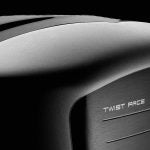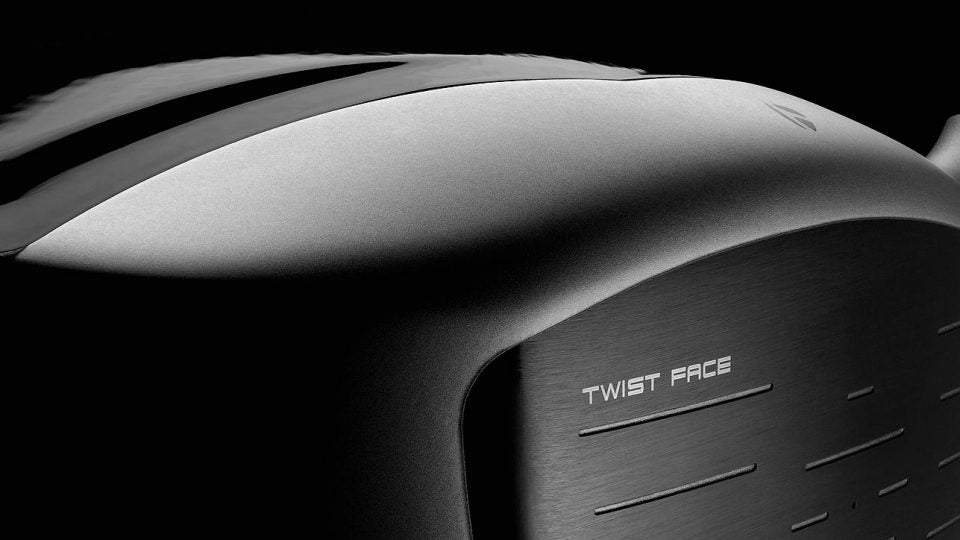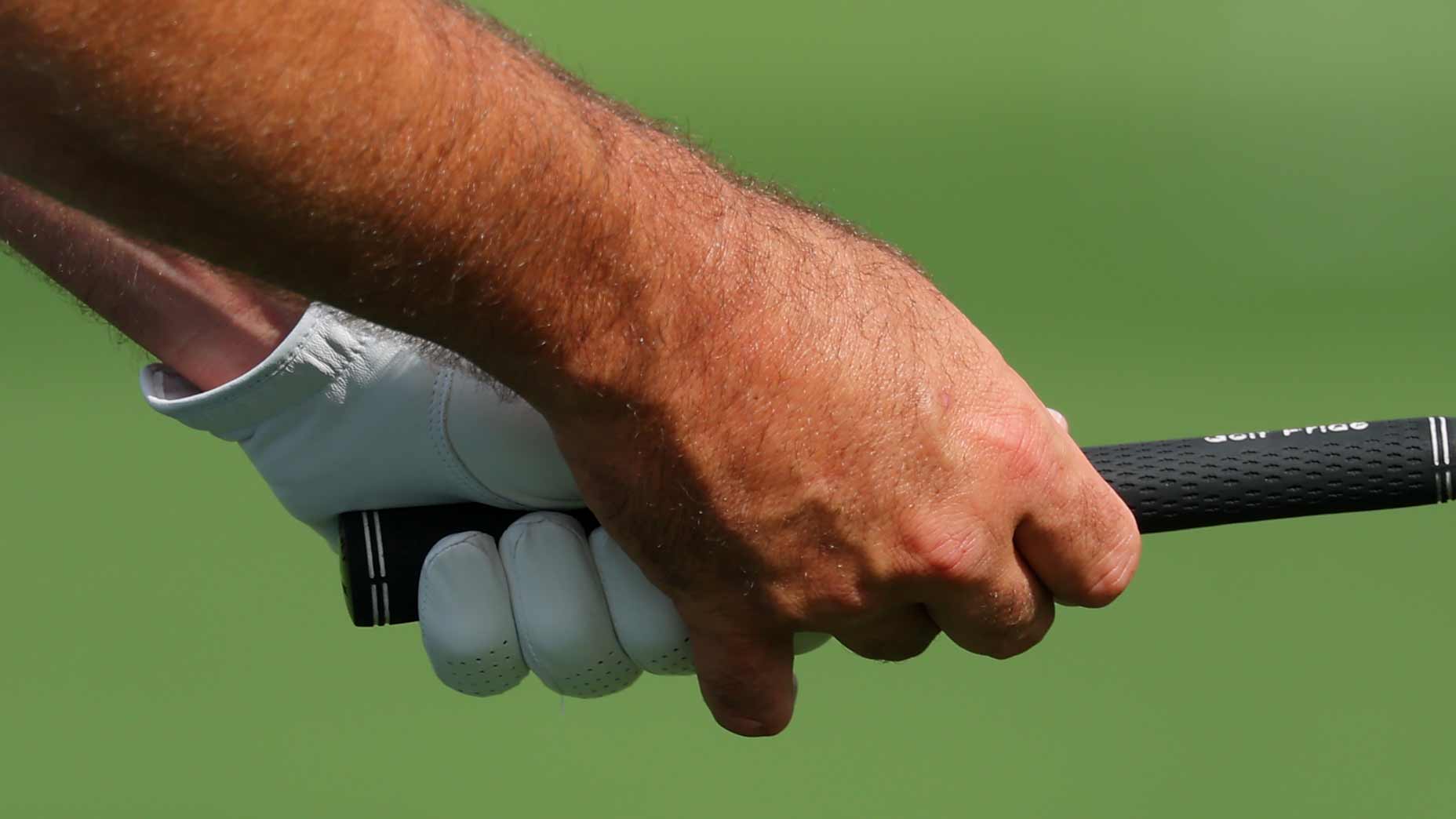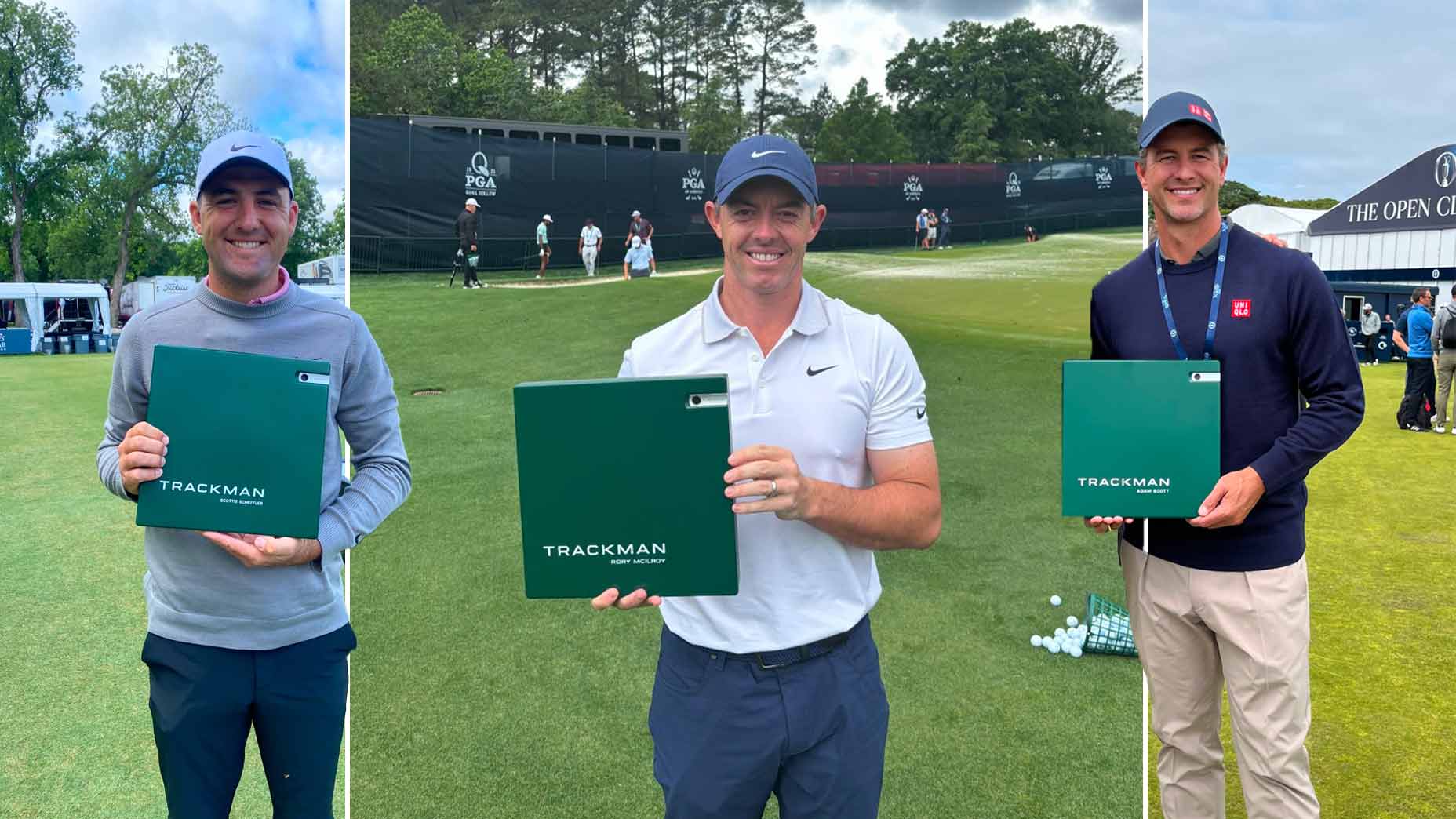The new TaylorMade M3 and M4 drivers contain a lot of impressive technologies but one stands out: Twist Face, which is exactly what it sounds like. The faces of these drivers are actually twisted a bit in the low heel and high toe areas, a novel design feature that will no doubt give golfers pause.
So what is Twist Face and what does it do?
To understand the technology, you first must understand that the face geometry, or what’s commonly referred to as “bulge and roll,” of the traditional driver design is slightly curved — bulge is the curvature on the horizontal axis and roll is curvature on the vertical axis.

The key for promoting straighter shots is bulge, which is designed to utilize gear effect to correct shots struck away from the center of the clubface. Tee shots that connect on the toe will start further right to compensate for the higher degree of hook spin on a toe shot, while shots struck on the heel will start further left to compensate for slice spin. Roll also matters in that it helps correct loft imparted on the shot.
 The basic design club engineers and manufacturers use for driver clubface geometry hasn’t changed for about as long anyone can remember, more or less because it appeared not to need changing. When manufacturers tested the geometry on ball-hitting robots, it worked nicely.
The basic design club engineers and manufacturers use for driver clubface geometry hasn’t changed for about as long anyone can remember, more or less because it appeared not to need changing. When manufacturers tested the geometry on ball-hitting robots, it worked nicely.
But then TaylorMade engineers studied their own driver data, which consisted of more than 500,000 shots, and determined that the existing design didn’t actually direct mishits toward the center of the fairway when humans stepped in and hit the drives instead of a robot. According to TaylorMade, that’s because a robot delivers the club to the ball squarely every time, regardless of where on the face the ball is struck. Real, live golfers, on the other hand, naturally manipulate the face angle of the club at impact on mishits: closed on toe hits and open on heel hits. This manipulation causes the ball to move further left on toe shots and further right on heel shots, often causing the ball to completely missing the fairway.
 To correct this problem, TaylorMade’s R&D folks dug in and devised a new geometry, a twisted clubface. The new design features a face that’s curved a little open in the high toe, which adds some loft in that area, and curved slightly closed in the low heel area, reducing loft a bit. The twist isn’t noticeable to the naked eye, but blown-up models of the clubface look a little bit like a towel that has been wrung out. “It’s a radical departure from traditional driver-face design, engineered to correct for inherent human swing tendencies in real time,” says Brian Bazzel, vice president for product creation at TaylorMade.
To correct this problem, TaylorMade’s R&D folks dug in and devised a new geometry, a twisted clubface. The new design features a face that’s curved a little open in the high toe, which adds some loft in that area, and curved slightly closed in the low heel area, reducing loft a bit. The twist isn’t noticeable to the naked eye, but blown-up models of the clubface look a little bit like a towel that has been wrung out. “It’s a radical departure from traditional driver-face design, engineered to correct for inherent human swing tendencies in real time,” says Brian Bazzel, vice president for product creation at TaylorMade.
The result? According to TaylorMade, its novel face design produces shots that curve less when struck (by a human, not a robot) in the high-toe and low-heel areas, which means more fairways hit. Pretty cool stuff — quite literally a new twist on an old concept.







